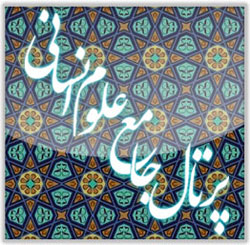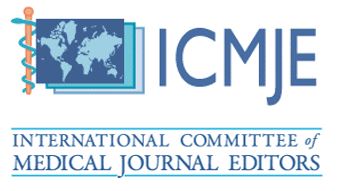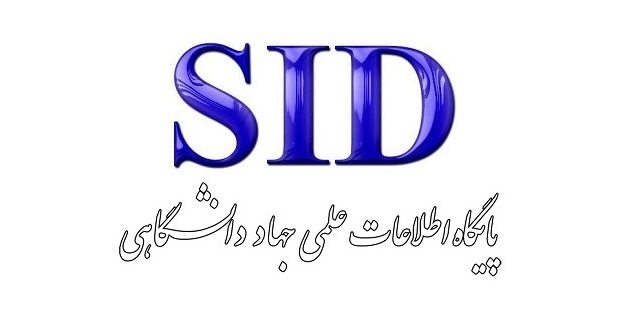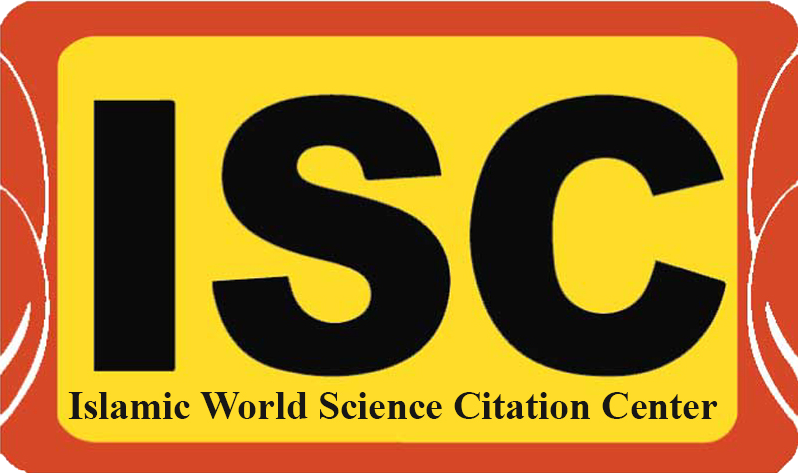بررسی اسطورههای بومی در شعر منوچهر آتشی: تحلیل تطبیقی با اسطورهشناسی یونگی در ادبیات معاصر
کلمات کلیدی:
اسطورههای بومی, منوچهر آتشی, کهنالگوها, ناخودآگاه جمعی, نظریات یونگ, ادبیات معاصر فارسیچکیده
این مقاله به بررسی و تحلیل اسطورههای بومی در اشعار منوچهر آتشی پرداخته و تلاش میکند این مفاهیم را با نظریات اسطورهشناسی یونگ، بهویژه مفهوم ناخودآگاه جمعی و کهنالگوها، تطبیق دهد. در این پژوهش، نمادهایی همچون کوه، آتش، غار، رود و آسمان در اشعار آتشی به عنوان بازتابهایی از فرهنگ و هویت بومی ایرانیان مورد بررسی قرار گرفتهاند و با کهنالگوهای یونگی تطبیق یافتهاند. یافتههای پژوهش نشان میدهد که آتشی از این نمادها بهعنوان ابزارهایی برای بیان ناخودآگاه جمعی و تجربههای روانشناختی مشترک استفاده کرده و از طریق آنها به ابعاد عمیقتری از روانشناسی انسان و هویت ایرانی پرداخته است. تحلیلهای انجامشده، به درکی تازه از تطبیق میان اسطورههای بومی و نظریات یونگی منجر شده و نشان میدهد که این اسطورهها علاوه بر ارتباط با هویت فرهنگی ایرانی، از طریق کهنالگوهای جهانی قابلیت درک و ارتباط با دیگر فرهنگها را نیز دارند. این پژوهش به کمک روش تحلیل تطبیقی، روشن میسازد که اسطورههای بومی در اشعار آتشی نه تنها بهعنوان بازتابی از هویت فرهنگی ایران، بلکه بهعنوان ابزاری برای بیان تجربیات مشترک انسانی و چالشهای روانشناختی به کار گرفته شدهاند. این رویکرد به فهم بهتر از نقش اسطورهها در ادبیات معاصر فارسی کمک کرده و پیوندهای عمیق بین فرهنگ و روانشناسی را در شعر معاصر نشان میدهد.













